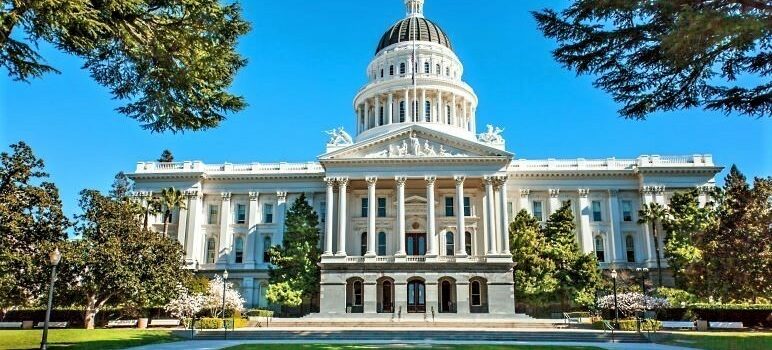Gov. Gavin Newsom signed legislation last fall that would make it illegal for businesses in California to tack on fees beyond their listed prices, like a “resort fee” at a hotel or a service charge that inflates the cost of a concert ticket.
Supporters applauded, saying that hidden fees were deceptive and hurt consumers. “California now has the most effective piece of legislation in the nation to tackle this problem,” Rob Bonta, the state attorney general, said. “The price Californians see will be the price they pay.”
The law takes effect July 1. But now there’s a chance that it won’t apply to all businesses.
Restaurant owners have argued that they should be exempted, because they are already struggling to survive in a challenging market.
Many restaurants charge such fees these days. A menu may list a price of, say, $25 for a plate of penne puttanesca, but then the house adds a 5 percent fee to fund the employees’ health insurance plan. Another may charge $25 for pad Thai, and then a mandatory 20 percent service fee on top of that.
The new law would forbid that practice. Instead, those restaurants would have to include any such costs in their listed prices — so in those examples, $26.25 for the penne puttanesca and $30 for the pad Thai. (The only extra costs that could be added to the listed price, according to the law, would be taxes and shipping fees.)
Some restaurant owners said raising menu prices that way without providing the context could hurt their business. And if they dropped the charges without raising listed prices, in an effort to stay competitive, that would mean reducing their already slim profit margins, or even laying off staff, owners said.
“The system itself, as we know, is clearly broken,” Vanda Asapahu, who owns Ayara Thai in Los Angeles, told The New York Times last month. “I wish I did not have to depend on service charges to give my team a living wage.”
In response to the restaurant owners’ complaints, State Senator Bill Dodd, Democrat of Napa and a coauthor of the new law, returned to the Legislature last week with a new bill that would exempt restaurants, bars and other food service providers from the requirements.
Under the new bill, known as S.B. 1524, restaurants would be allowed to charge a mandatory gratuity or any other surcharge or fee, as long as it is displayed “clearly and conspicuously” on the menu. The bill’s supporters are hoping to get it through the Legislature by the end of the month, when the new law takes effect.
“Restaurants are vital to the fabric of life in California, and they should be able to cover costs as long as they do so transparently,” said State Senator Scott Wiener, Democrat of San Francisco and a coauthor of the new bill. “S.B. 1524 clarifies portions of the law that pose a serious threat to restaurants. The bill strikes the right balance between supporting restaurants and delivering transparency for consumers, and I’m proud to support it.”
Soumya Karlamangla is a reporter with California Today, published by The New York Times. Copyright, 2024, The New York Times.


“Restaurant owners have argued that they should be exempted, because they are already struggling to survive in a challenging market.”
That is their argument? Restaurants are struggling? More than other businesses? Is there any evidence for this?
“Some restaurant owners said raising menu prices that way without providing the context could hurt their business”
Then offer context on the front of the menu and shut up. We have already sworn off going to any restaurant that charges mandatory gratuity or service fees so you’ve already lost my money. I’m not here to subsidize your business. If you can’t be honest with the customer, you should go out of business.
I’m a repairman and work with a lot of restaurants and the last thing they need is more red tape. They’d be better off running their business from a food truck at this point and many are now resorting to that given how much you save.
This is an interesting development. While transparency is crucial for consumers, do you think exempting restaurants from this law could lead to further complications or confusion for diners? How can we ensure that customers are still getting clear information about the total cost without burdening struggling restaurants?